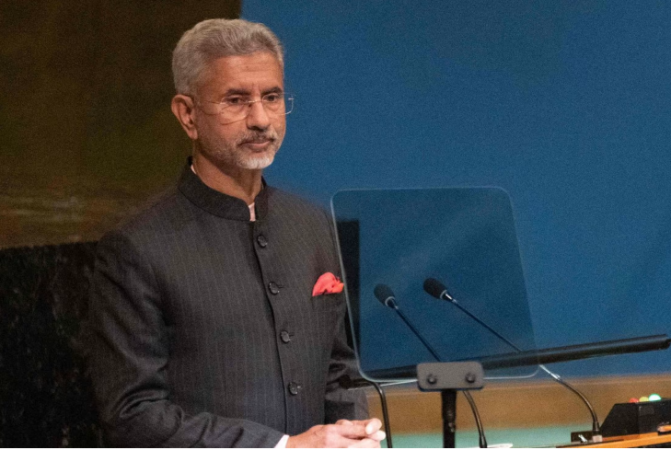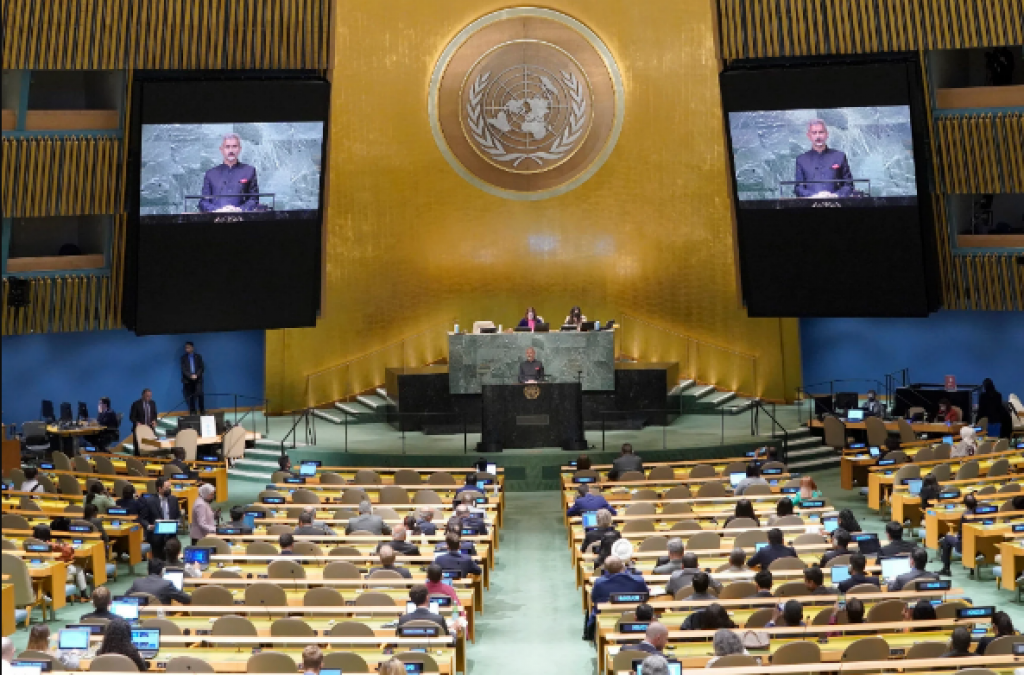
New Delhi: In his Saturday address to the UN General Assembly, India's foreign minister outlined the nation's plans for its turn at the G20 presidency.
In December, India takes over leadership of the group of top developed and developing countries. In line with the commitment to sustainable development for all, Subrahmanyam Jaishankar stated that India's strategy would be "based on principles of mutual respect and national ownership."
Priorities for India include "the reform of governance of multilateral financial institutions," economic expansion, food and energy security, and the rising debt in developing nations.
Govt extends Foreign Trade Policy by six months
India, a South Asian nation that was renowned for being nonaligned during the Cold War, has expressed concerns about Russia's war in Ukraine but has maintained a neutral stance, refusing to break off business ties with Russia and support Western sanctions.

"We are frequently asked which side we support as the Ukraine conflict rages on. Each time, we respond honestly and directly, "Jaishankar said. India is and will continue to be firmly on the side of peace.
Delhi-Shimla flights restart after 2 years of hiatus
To end the conflict for the benefit of all parties, he urged positive communication, diplomacy, and action.
We support those who are struggling to make ends meet despite having to pay rising prices for fuel, food, and fertilisers, he continued.
Jaishankar mentioned these three essentials' scarcity and cost several times, adding that India had to deal with other issues while "the world's attention has been on Ukraine."
Prime Minister Narendra Modi made indirect mention of India's neighbours during the high-level meeting last year. This year, his minister for external affairs followed a similar pattern, making vague references to cross-border terrorist attacks without specifically naming Pakistan or China.
India, which has endured decades of cross-border terrorism, adamantly supports a zero-tolerance policy, he said. "In our opinion, no act of terrorism—regardless of its purpose—can be justified. No amount of sanctimonious rhetoric can ever hide bloodstains.
The statement was made shortly after Pakistani Prime Minister Shahbaz Sharif spent a significant portion of his speech on Friday accusing India of supporting terrorism. Sharif also brought up the contentious issue of Kashmir, which Jaishankar did not address in his speech, much like Modi did last year.
'Cash reward for trapping Hindu girls..,' PFI also trains Muslim youth
Jaishankar praised India's assistance to neighbours in the region, including Afghanistan, Sri Lanka, and Myanmar, as well as its role as a "bridge on some serious but divisive issues" throughout its tenure on the UN Security Council, which is about to come to an end.
In August, India celebrated its 75th anniversary of independence. He also recognised this milestone and promised that by India's 100th anniversary, the country would be developed and that it would have "liberated itself from a colonial mindset."